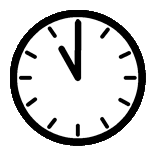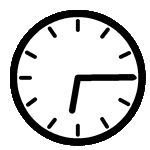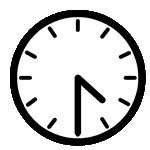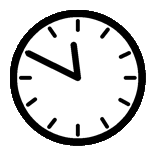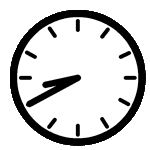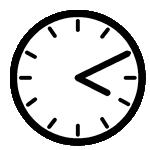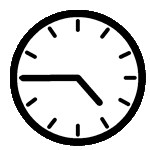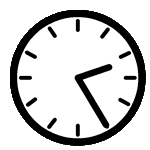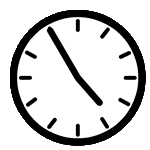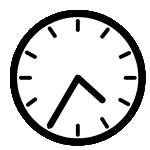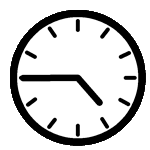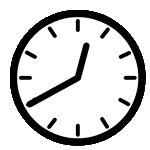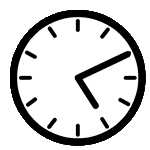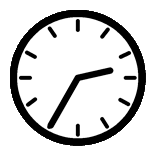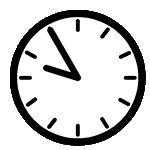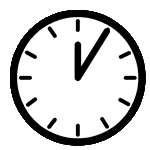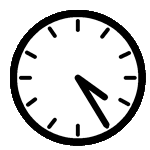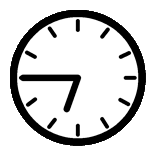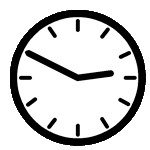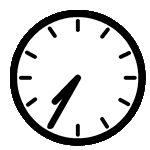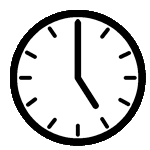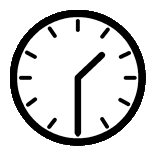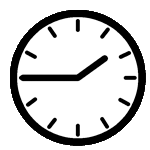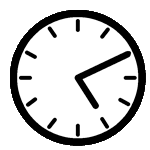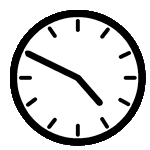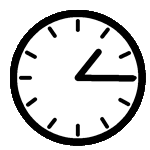Prese
tinuous
Exercise: Put the verb in brackets in the correct form to make different form of the Present Continuous Tense.
Present Continuous Tense
| Exercise. Click on the words in the correct order to make different sentences in the Present Continuous Tense - positive; negative; yes/no and information questions. .
|
complete sentences
You like __________________________ (paint).
He likes __________________________ (fish).
She likes __________________________ (swim).
We like __________________________ (ride).
They like __________________________ (cook).
Now make the sentences negative.
1 e.g I don’t like dancing.
2
3
4
5
Now make questions.
1. e.g. Do I like dancing?
2
3
4
5
2 Complete the conversation with the correct form of the words in brackets.
SARA Hi you two! What are you doing?
STEVE We’re playing basketball. Do you want to play?
SARA No thanks. I (1) ________________________ (not like / play) basketball.
CARL Wow! I (2) ________________________ (love / play) basketball, it’s great!
STEVE What do you (3) ________________________ (like / do)?
SARA Well, I (4) ________________________ (like / ride).
CARL Yeah! That can be fun.
SARA And I (5) ________________________ (like / dance).
STEVE Dancing! Oh, I (6) ________________________ (hate / dance). I can’t dance.
SARA That’s not true. Everyone can dance.
STEVE Not me!
SARA So I know you (7) ________________________ (like / play) basketball, but what else do you
(8) ________________________ (like / do)?
STEVE I (9) ________________________ (like / play) chess.
CARL Chess! That’s boring.
Read the conversation in exercise 2. Are these sentences true (T) or false (F)?
1 Carl likes playing basketball.
2 Sara likes playing basketball.
3 She likes riding.
4 Carl likes riding.
5 Steve doesn’t like dancing.
6 Carl likes playing chess.
4 Write sentences using the prompts.
e.g. He / love / fish
He loves fishing.
1 Steve / love / play / volleyball
_______________________________________________________________________________
2 Sara / love / ride
_______________________________________________________________________________
3 She / don’t mind / swim
_______________________________________________________________________________
4 Carl / don’t like / play / chess
_______________________________________________________________________________
5 you / like / dance / ?
_______________________________________________________________________________
6 They / like / sail
_______________________________________________________________________________
7 Barbara / like / cook / ?
_______________________________________________________________________________
THERE IS / THERE ARE
A. Complete the sentences using "there is" or "there are".
1. books on the table.
2. many cars in the street.
3. a picture on the wall.
4. a pencil near the book.
5. many trees in the forest.
6. a cat under the table.
7. seven apples in the fridge.
8. a dog in the house.
9. a monkey on the tree.
10. many rooms in my house.
B. Complete the sentences using "Is there" or "Are there".
1. an opera in our city?
2. many girls in your class?
3. a police-station near the hospital?
4. any bananas in the basket?
5. trees in the park?
C. Complete the sentences using "there isn't" or "there aren't".
1. many peaople in the streets.
2. any butter in te fridge.
3. any plates on the table.
4. any milk in the bottle.
5. any coffee in the cup.
D. Complete the sentences using "there is" / "there are" / "is there" / "are there" / "there isn't" / "there aren't".
1. someone looking at me.
2. many boys in the school?
3. some photos in her bag.
4. any eggs in the fridge.
5. any magazine in her room.
6. any soccer stadium here?
E. Read the sentences and answer the questions.
a>In Rita's kitchen there are twelve cupboards, five plates, six spoons and two cups of tea.
b> In Kim's room there are two dolls, a glass of milk, three magazines, five shirts and four skirts.
ex. Are there any magazines in Kim's room? -> Yes, there are three magazines.
1. Are there any shirts in Kim's room? -> Yes, shirts in Kim's room.
2. Are there any cupboards in Rita's kitchen? -> Yes, cupboards in Rita's kitchen.
3. Is there a glass of water in Kim's room? -> No, .
4. Are there any skirts in Kim's room? -> Yes, skirts in Kim's room.
5. Are there any plates in Rita's kitchen? -> Yes, plates in Rita's kitchen.
6. Are there any forks in Rita's kitchen? -> No, any forks in Rita's kitchen.
7.Are there any dolls in Kim's room? -> Yes, dolls in Kim's room.
8. Are there any cups of tea in Rita's kitchen? -> Yes, cups of tea on Rita's kitchen.
9. Is there a TV in Kim's room? -> No, one in Kim's room..
10. Is there a glass of milk in Kim's room? -> Yes, a glass of milk in Kim's room.
Fill in the gap: there is, there are, is there, are there.
ten girls in the classroom.
an apple in the box.
a restaurant in the city?
a hotel in Berlin.
many restaurants.
a pupil in the school?
chairs in the classrom?
Write questions. Dont forget '?'.
| ||||||||||||||||||||||||||||||||||||
| There is a swimming pool. There are five books on the table. There is one book under the table. There are seven days in a week. There are three bad films. There is a teacher in the classroom. There are teachers in the school.
|

